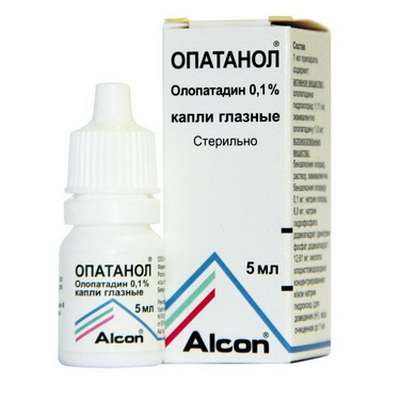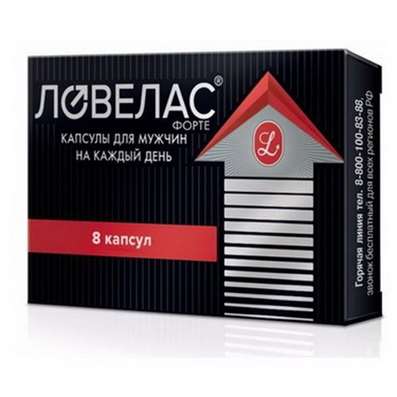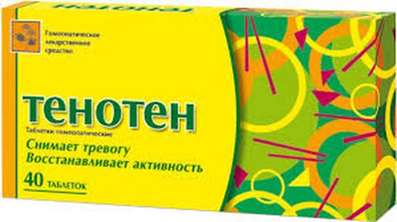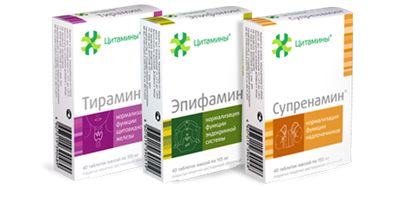Instruction for use: Toradol
I want this, give me price
Active substance Ketorolac
ATX Code ņ“’ M01AB15 Ketorolac
Pharmacological group
NSAIDs - Acetic acid derivatives and related compounds
Nosological classification (ICD-10)
R52.1 Constant unrestrained pain
Pain syndrome in oncology practice, Pain syndrome pronounced, Pain syndrome in malignant neoplasms, Pain syndrome in cancer, Pain syndrome with tumors, Pain syndrome in cancer patients, Pain in malignant neoplasms, Pain in malignant tumors, Pain in tumors, Pain in cancer patients, Pain in bone metastases, Pain in cancer, Malignant pain syndrome, Intensive chronic pain, Intensive pain syndrome, Intensive non-curable pain syndrome, Intensive chronic pain syndrome, Unrestrained pain, Unrestrained pain, Tumor pain, Post-traumatic pain syndrome, Severe pain, Chronic pain, Chronic Pain Syndrome
R52.2 Other constant pain
Pain syndrome, rheumatic origin, Pain at vertebral lesions, Pain in the chamber, Pain for burns, Pain syndrome weak or moderate, Perioperative pain,Moderate to severe pain, Moderately or weakly expressed pain syndrome, Moderate to severe pain, Ear pain of otitis, Neuropathic pain, neuropathic pain
Composition and form of release
1 tablet, coated with a shell, contains ketorolac tromethamine 10 mg; in a blister 10 pcs., in a box of 1 or 2 blisters.
1 ampoule with 1 ml solution for injection - 30 mg; in the blistere 5 pcs., in the box 1 blister.
pharmachologic effect
Pharmacological action - anti-inflammatory, antiaggregational, analgesic.
Inhibits the synthesis of PG (prostaglandins).
Indication
Short-term relief of moderate and severe acute pain, requiring analgesia in intensity similar to opiate.
Contraindications
Hypersensitivity (including to aspirin and other NSAIDs), chronic pain syndrome, nasal polyps, angioedema, bronchospasm, bronchial asthma, stomach and duodenal ulcer, impaired renal function, hypovolemia, dehydration, high risk of postoperative bleeding or incomplete bleeding, hemopoiesis, cerebral hemorrhage, pregnancy, lactation (for the period of treatment, breastfeeding should be suspended), children's age (up to 2 years).
Side effects
Dyspepsia, pain in the digestive tract, nausea, vomiting, diarrhea, peptic ulcers, liver dysfunction, gastrointestinal bleeding, stomatitis, headache, dizziness, drowsiness, sweating, swelling, pain at the injection site, flatulence, gastritis, constipation, dyspnoea, bronchial asthma, urticaria, pruritus, rash, anaphylactic reactions, asthenia, purpura, myalgia, vasodilation, pallor, dry mouth, nervousness, depression, increased urination, oliguria, glomerulonephritis, nephrotic syndrome, acute renal failure, etc.
Interaction
Incompatible with lithium preparations, pentoxifylline, probenecid, anticoagulants (in high doses), with other NSAIDs. Reduces the diuretic effect of furosemide in persons with normovolemia. With simultaneous use with ACE inhibitors, the probability of impaired renal function increases.
Dosing and Administration
The dose is selected individually, taking into account the severity of the pain syndrome. A single dose is 10-30 mg, the frequency of administration is up to 4 times a day (every 6-8 hours). The maximum daily intake for adults is not more than 120 mg (for injection) and 40 mg (for tablets). The maximum daily dose for elderly patients is 60 mg. The solution in ampoules is prescribed in / m or / in for relief of acute and severe pain for no more than 5 days, in children - 2 days. Tablets appoint no more than 7 days. Children Toradol is used only in injections.
Storage conditions
In the dark place at a temperature of 15-30 į C.
Keep out of the reach of children.
Shelf life
tablets, coated with a coating of 10 mg - 3 years.
injection for 30 mg / ml - 2 years.
Do not use after the expiry date printed on the package.

 Cart
Cart





